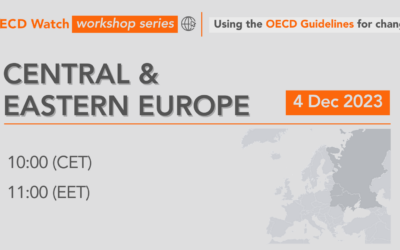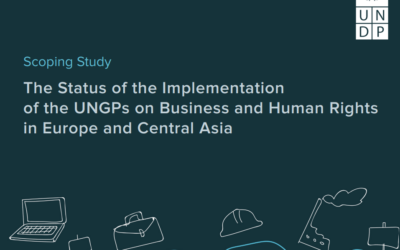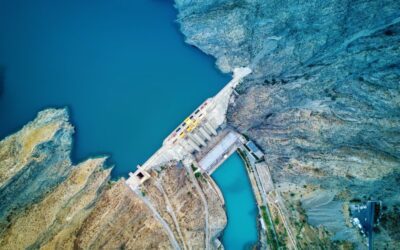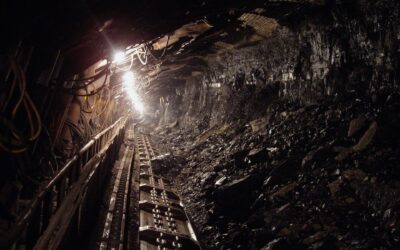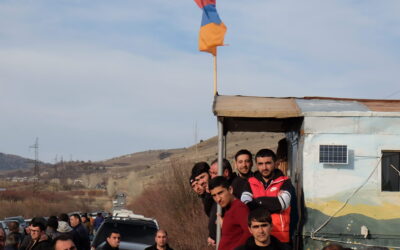Applications are open for the II Central and Eastern Europe & Central Asia Summer Academy on Business and Human Rights!
The call for applications (Apply now!) for the II Central and Eastern Europe & Central Asia Summer Academy on Business and Human Rights (II CEE&CA Summer Academy) is now open! The II CEE&CA Summer Academy which will take place over 5 working days between...

